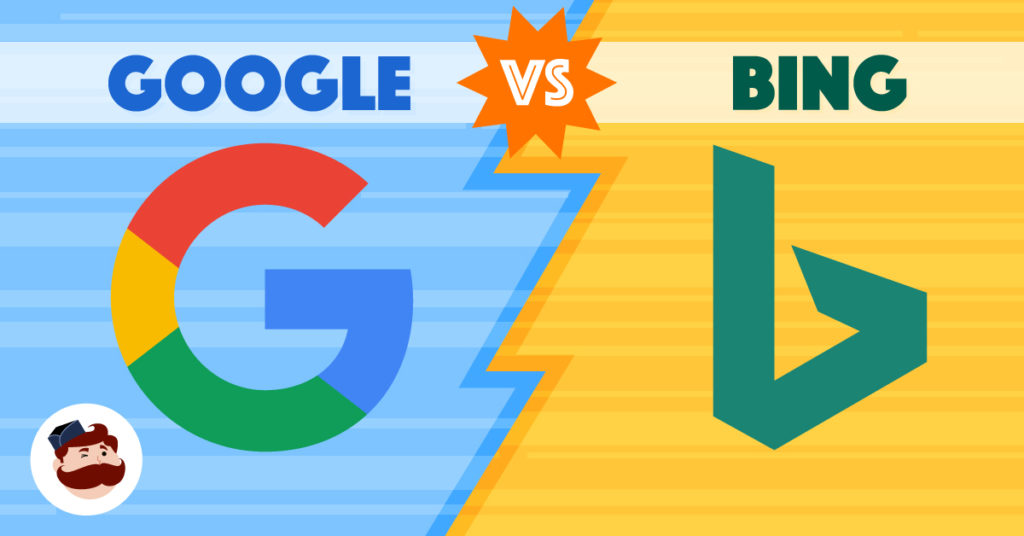In a shocking turn of events, Google News, usually the epitome of stoicism, resembled a child gleefully unwrapping a birthday present yesterday. The reason?Bing, everyone's favorite (cough) search engine, suffered a massive outage, leaving a trail of bewildered users and frustrated memes in its wake.
"Bing Down?More Like User Confidence Down!" screamed one headline, clearly penned by a Google intern with a thesaurus addiction. Articles with titles like "Is DuckDuckGo Finally Getting Its Moment?" and "The Day Google Almost Felt Sorry for Someone" flooded the platform.
Social media, never one to miss an opportunity for schadenfreude, erupted in a symphony of jokes. "#BingDownParty" trended for a hot minute, filled with images of people dusting off their old encyclopedias and carrier pigeons. One particularly savage meme depicted a lone Bing user crying on a deserted island, labeled "The Last Bing User. "
But amidst the digital confetti, a strange sentiment began to emerge. Bereft of their usual barrage of sponsored links, some Google users started experiencing a bizarre phenomenon – they were actually reading the news!Articles about climate change, the upcoming elections, and even (gasp) celebrity breakups, found their way into unsuspecting eyeballs.
"Wait, there's actual news under all those ads for wrinkle cream and dubious weight loss pills?" remarked one bewildered user on a social media forum. "This is. . . unsettling. "
The experience, it seemed, was akin to finally removing those pesky cataracts and discovering the world wasn't just a giant advertisement for male pattern baldness. A few brave souls even ventured into the comment sections, a previously unexplored territory, and engaged in actual discourse – a sight so rare, some mistook it for a coming apocalypse.
The newfound freedom, however, was short-lived. As Bing sputtered back to life, a collective sigh of relief (and maybe a hint of disappointment?) rippled through the internet. Sponsored links returned with the vengeance of a scorned lover, news articles about actual events retreated back into the shadows, and social media returned to its regularly scheduled programming of cat videos and celebrity gossip.
But a seed of doubt had been sown. A day without Bing, it seemed, had awoken a dormant curiosity in the Google-using masses. Will this spark a revolution?Will users demand a more balanced news experience, free from the relentless grip of targeted advertising?Probably not. But hey, at least it gave us a good laugh, and that's something even Google can't sell you (yet).
In the end, Bing's misfortune became Google's marketing ploy. The moral of the story?Even a nemesis can be a hero, albeit unintentionally, for a day. Now, if you'll excuse me, I have a very important search for "cat wearing a tiny cowboy hat" to conduct.


